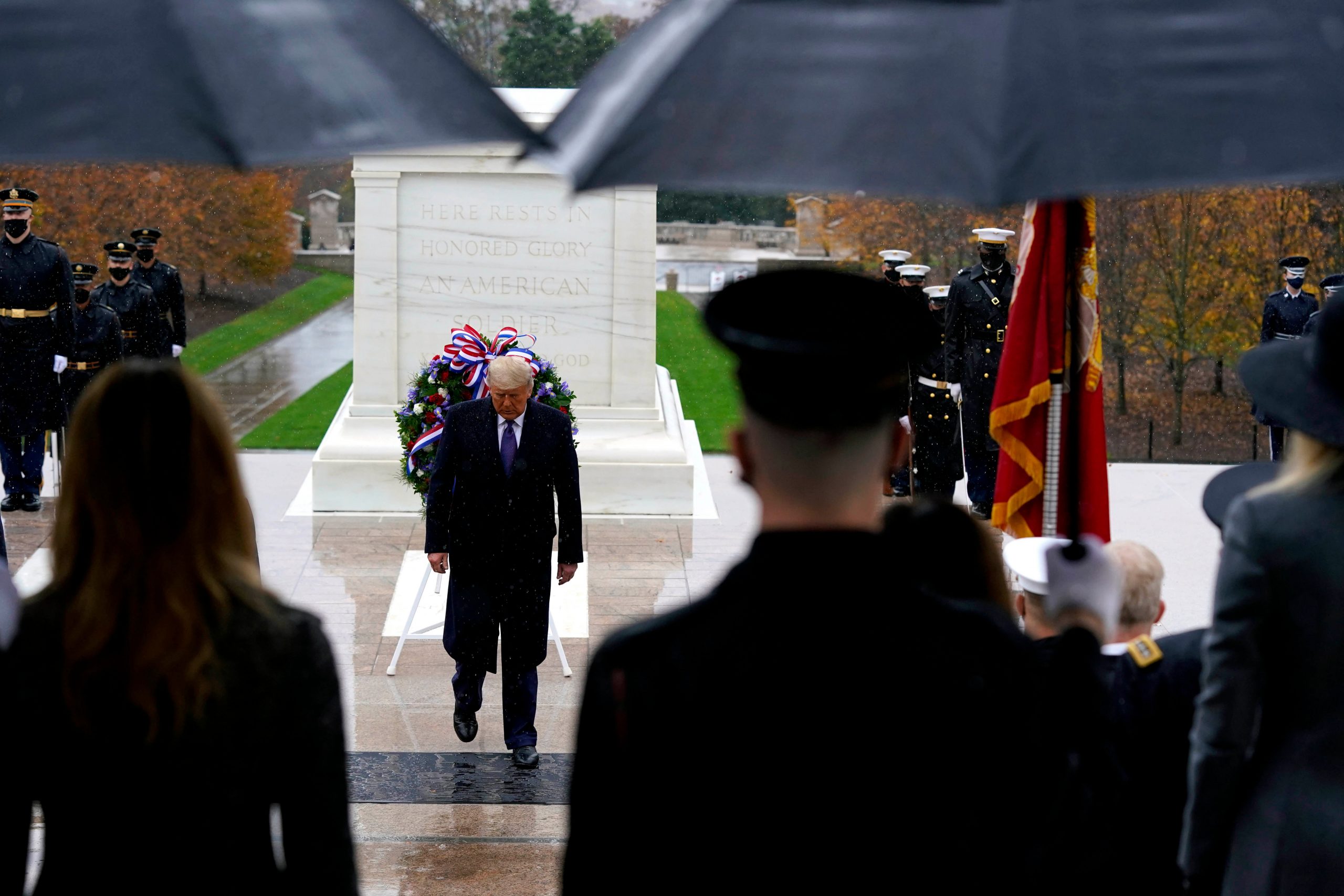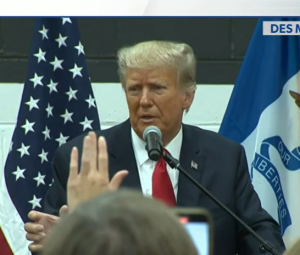President Donald Trump, who is due to leave his office in January 2021, has asked top aides about the possibility of striking Iran’s nuclear facilities, AFP quoted a New York Times report. During a meeting at the Oval Office last Thursday, the outgoing Republican leader asked several top aides, including Vice President Mike Pence, Secretary of State Mike Pompeo and the chairman of the Joint Chiefs, General Mark Milley, “whether he had options to take action against Iran’s main nuclear site in the coming weeks,” AFP quoted the newspaper as saying.
Trump reportedly asked his aides for options after a report by the International Atomic Energy Agency (IAEA) said that Iran was continuing to stockpile low enriched uranium above the limits set by a 2015 agreement with major powers that Trump has since abandoned.
Also Read | Twitter CEO says not biased against conservative handles
The senior officials “dissuaded the president from moving ahead with a military strike,” warning him that such an attack could escalate into a broader conflict in the last weeks of his presidency, the Times wrote.
According to the Times, the most likely target of such a strike would have been the country’s main nuclear fuel plant at Natanz in central Iran. Trump’s withdrawal from the nuclear agreement in 2018 was followed by the unilateral reimposition of crippling economic sanctions which prompted Iran to suspend some of its obligations under the deal.
Also Read | Joe Biden warns of more COVID-19 deaths if transition delayed
Iranian government spokesman Ali Rabiei said any military action would be met with a crushing response but added that he personally found it unlikely Washington would want to create instability.
“Our summarised response has always been that any action against the people of Iran will be met with a crushing response,” Rabiei told a Tuesday news conference. He said his “personal opinion, not that of the government spokesman” was that “there might be attempts” but he did not expect “that they would want to bring insecurity to the world and region.”







